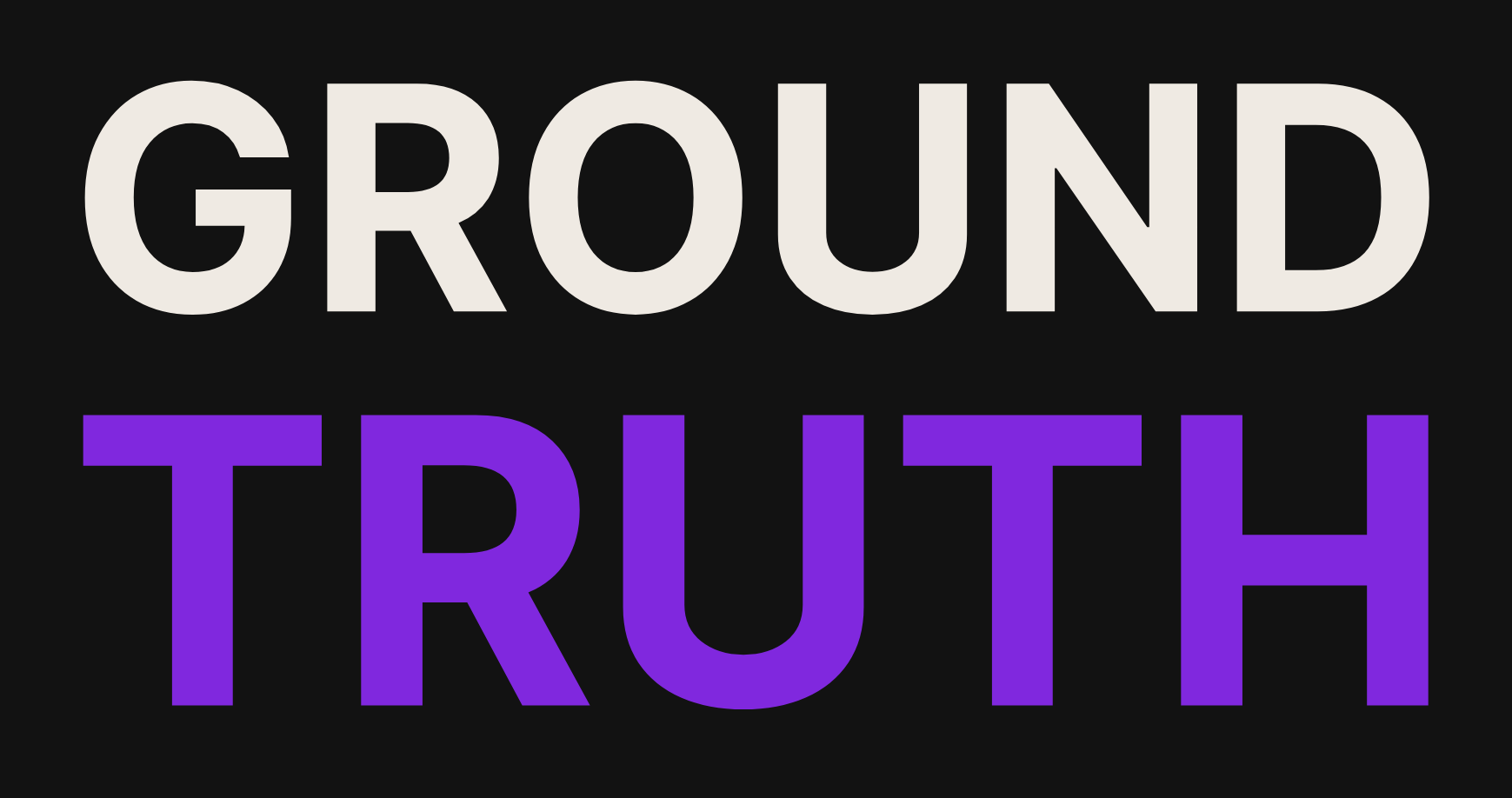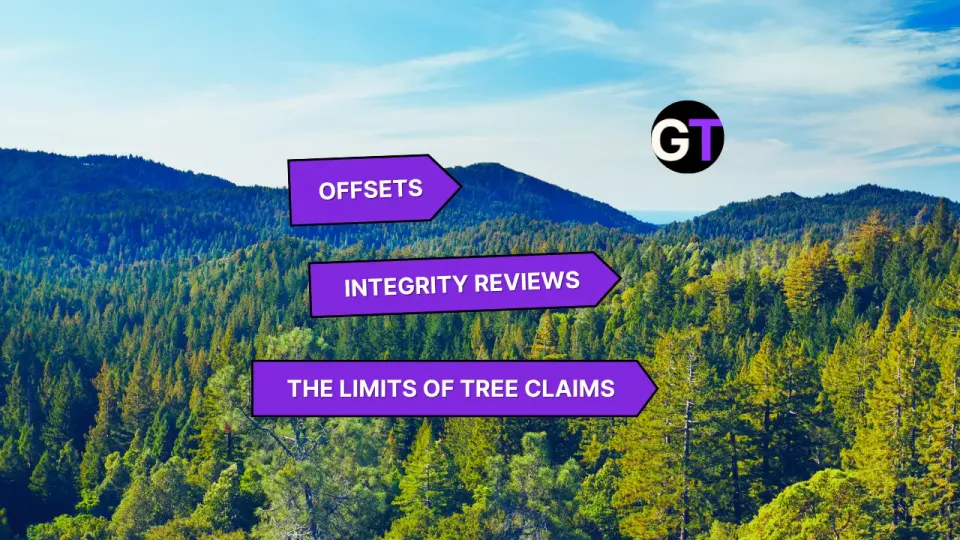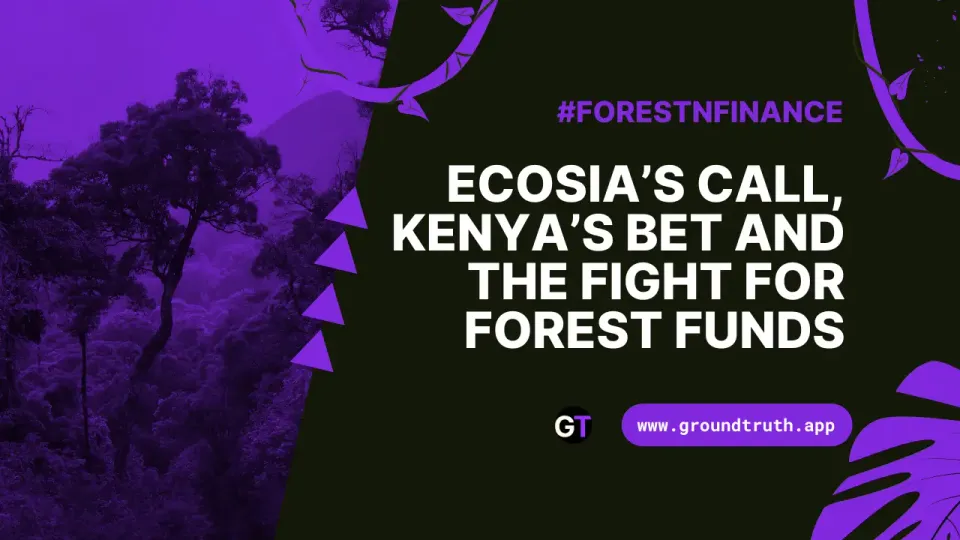Reporting for Duty: How CSRD is Changing ESG in Europe📝
Consumers and investors alike will now have access to all the data on how businesses impact our planet and society. 🌍

Introduction
In today’s world, transparency around corporate sustainability practices is more important than ever. With the implementation of the European Corporate Sustainability Reporting Directive (CSRD) on January 5, 2023, businesses across Europe are now facing new reporting obligations, giving consumers and investors unprecedented access to data on how companies impact the environment and society. 🌍
To help companies navigate these new rules, the European Financial Reporting Advisory Group (EFRAG) recently released a comprehensive 52-page FAQ detailing the specifics of the reporting standards, the digital taxonomy, and how these reports will be verified. This resource is crucial for understanding how the CSRD will shape corporate transparency and accountability.
A New Era of Corporate Transparency
The CSRD marks a significant shift in the way companies report on their environmental and social impacts. It expands previous sustainability reporting requirements, covering a broader range of businesses, and ensures that standardized, verified data is made available to stakeholders. Starting in 2024, companies will follow new guidelines established by the European Financial Reporting Advisory Group (EFRAG).
Why it matters: These standards are designed to provide greater clarity on corporate practices, enabling both consumers and investors to make more informed decisions. But the true test of the directive will be in its implementation—will these new reports actually lead to meaningful change, or will they become just another compliance checkbox? 🚶♀️
A Treasure Trove of Data
One of the most exciting aspects of the CSRD is its emphasis on digital transparency. EFRAG is tasked with developing a digital taxonomy to categorize sustainability reports, making them accessible to the public. This taxonomy will allow regulators to develop rules for tagging and organizing sustainability data, ensuring that reports are easily searchable and comparable.
Potential Benefits: This open access to data could fuel the development of innovative tools and platforms that help stakeholders dig deeper into corporate claims. Think of it as a goldmine for environmental advocates, investors, and technologists alike, giving them the information they need to hold businesses accountable.
The Challenge: However, the creation of such a comprehensive, standardized system is no small feat. Ensuring that the data is both useful and accurate will require close collaboration between regulators, companies, and third-party verifiers. 💡
The Bottom Line: This Could Change the World
While the CSRD has been hailed as a game-changer for corporate transparency, its success will ultimately depend on how well it holds businesses accountable. For the first time, companies in Europe will need to report not just on their environmental footprint, but also on human rights practices and social impact. The idea is that this will allow consumers and investors to distinguish between companies that are merely talking about sustainability and those actually making a difference.
Key Question: Will this new reporting framework truly change corporate behavior, or will it become a new battleground for greenwashing? The standardized data will undoubtedly improve transparency, but it remains to be seen whether it will motivate companies to change their operations to meet higher sustainability standards.
What do you think? Will this shift truly hold companies accountable? Share your thoughts below!
Supporting ESG Reporting through Open Data Platforms
Wondering where all this data will be available? Thanks to the European Single Access Point (ESAP), corporate sustainability reporting data will be centrally accessible, allowing stakeholders to easily explore and analyze reports from companies across Europe. This will provide a one-stop shop for sustainability data, ensuring full transparency and enabling the public to hold companies accountable.
The CSRD will likely spark the creation of additional online platforms, expanding the availability and usability of this data. Platforms like Wikirate and Sustainalytics, which have already been leaders in providing access to open ESG data, are expected to become even more critical for analyzing and interpreting corporate sustainability reports. 🌱
With the ESAP and these platforms, the availability and quality of ESG data will skyrocket, helping stakeholders make smarter, more informed choices. 🔍
Conclusion
he CSRD has the potential to transform how we evaluate corporate sustainability, offering unprecedented access to data that could shift the balance of power toward consumers and investors. However, the road ahead is not without challenges—whether the directive will lead to genuine improvements in corporate practices or become another compliance burden remains to be seen. For now, it stands as a catalyst for change, and its impact on the global ESG landscape is something to watch closely. 🌍 🚀




